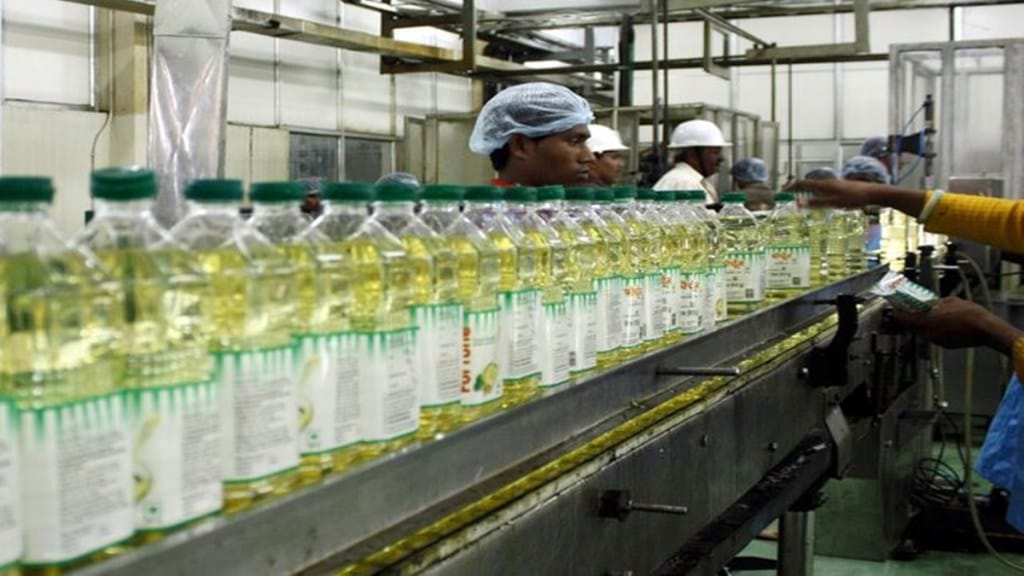High global cooking oil prices have ensured that the value of India’s import of edible oils – palm, soybean and sunflower – in 2024-25 oil year (November-October) rose by 22% to a record Rs 1.61 lakh crore on year, while volume of imports increased only marginally to 16.01 million tonne (MT), according to industry data released on Thursday.
“While volume of imports has largely remained at the same level in the last oil year compared to 2023-24 oil year, global prices have increased by over 20% during the same period,” BV Mehta, executive director, solvent extractors association of India (SEA) told FE.
The country imported 15.96 MT of crude and refined oils – palm, soybean and sunflower – during 2023-24 oil year valued at Rs 1.32 lakh crore.
According to SEA, soybean oil imports in the 2024-25 oil year rose to a record 5.47 MT, surpassing the previous high of 4.23 MT in 2015-16.
In the last oil year, palm oil imports declined 7.58 MT from 9.02 MT shipment in 2023-24 oil year. The import of soft oil – soybean, sunflower and other varieties of oils – imports jumped to 8.43 MT from 6.95 MT , driven by higher soybean oil purchases.
“The share of palm oil sharply decreased to 47% from 56% while soft oils increased to 53% from 44%,” according to the SEA statement.
The country imported 0.75 MT of refined soybean and sunflower oils from Nepal under a zero-duty trade agreement.
India imports around 57% of its edible oil requirement. Palm, soybean and sunflower account for the bulk of consumption of around 25 MT.
To ensure domestic supplies and keep prices under check, the government has been tweaking import duties on the edible oils.
On May 30, India reduced the effective import duty including basic custom duty and cess on these three oils to 16.5% from 27.5% imposed in September last year to curb spike in prices.
The country imports oils from Indonesia, Malaysia, Thailand, Ukraine, Russia and Argentina. India produces oils such as mustard, soybean and groundnut.
The food ministry recently notified a new vegetable oil products production and availability regulation Order, 2025 (VOPPA), aimed at increasing transparency, preventing supply disruptions, and ensuring fair prices for consumers.
The order mandates monthly reports by the 15th of each month, detailing oil usage, production, sales and stocks to ensure better supply chain tracking and maintain availability of cooking oils at fair prices.
The food ministry is planning to organise a series of workshops across major cities with significant processors of cooking oils for implementation of VOPPA, 2025. The first workshop is scheduled to be held in Indore on November 15.
